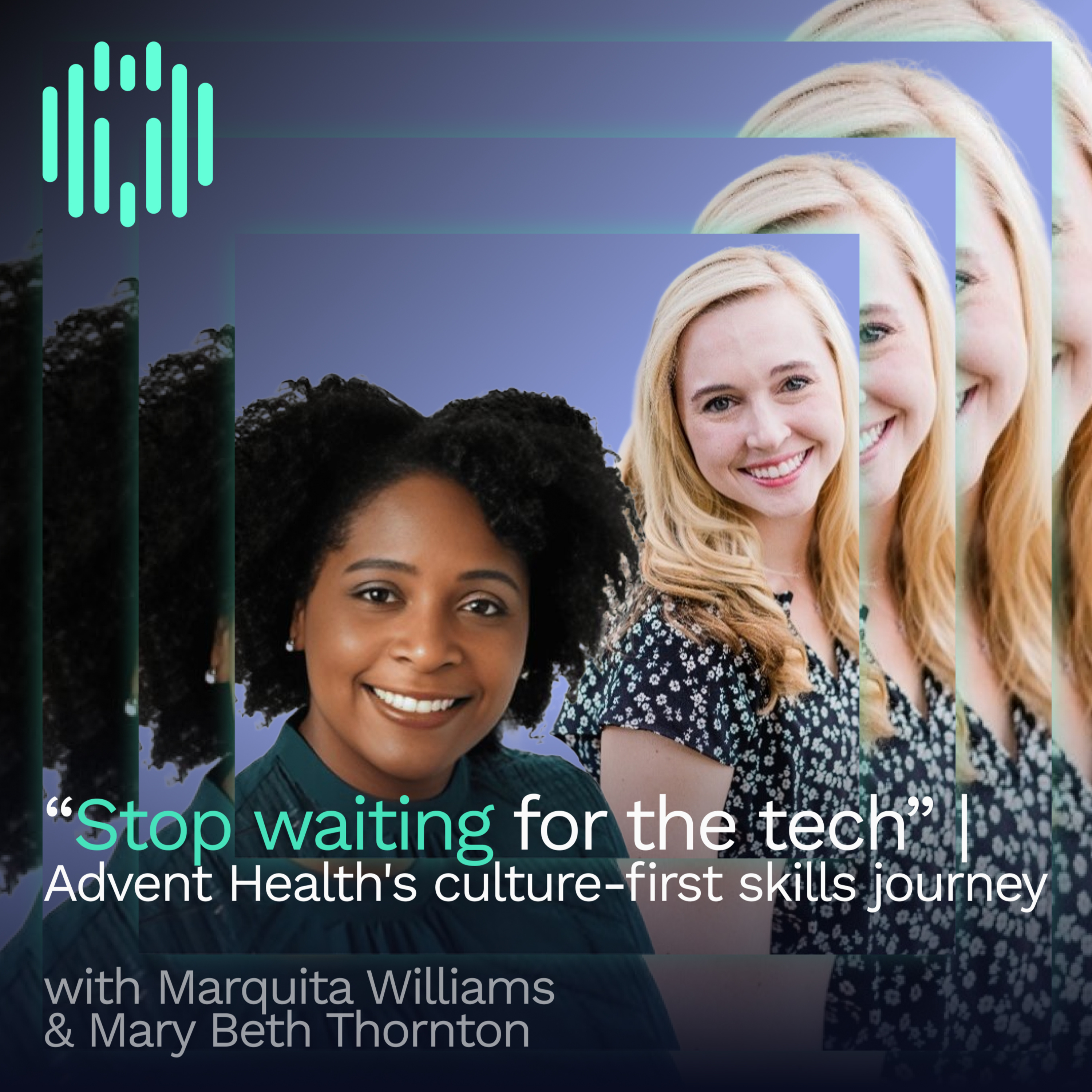The TechWolf Podcast

The TechWolf Podcast
Podcast Description
Technology in HR is booming, yet confusing.
Many vendors claim to include AI (agents), skills, seamless integrations, and other technologies in their product offerings.
In practice, product promises often differ from reality.
In this podcast, our host, Julius Schelstraete, holds no-nonsense conversations with business practitioners and thought leaders on everything related to "the skills-based organization": what it is, whether it's realistic, typical roadblocks, real-life use cases, and more.
Join us as we move beyond the hype and examine skills-based HR from a critical, realistic lens!
Podcast Insights
Content Themes
The podcast delves into themes surrounding the evolution of HR into skills-based organizations, addressing topics such as the practical hurdles organizations face, the critical role of skills data, and the balance between strategy and technology. Episodes include discussions on whether all organizations should adopt a skills-based approach, real-world examples from EPAM Systems, and strategies for gaining business buy-in for skills initiatives.

Technology in HR is booming, yet confusing.
Many vendors claim to include AI (agents), skills, seamless integrations, and other technologies in their product offerings.
In practice, product promises often differ from reality.
In this podcast, our host, Julius Schelstraete, holds no-nonsense conversations with business practitioners and thought leaders on everything related to “the skills-based organization”: what it is, whether it’s realistic, typical roadblocks, real-life use cases, and more.
Join us as we move beyond the hype and examine skills-based HR from a critical, realistic lens!
Most organizations buy the software and hope the culture follows. Advent Health did the exact opposite. Marquita and Mary Beth spent two years building a ”culture of curiosity” before flipping the switch on their technology. In this live episode from Workday Rising, they break down why skills have a five-year shelf life and how to move your workforce from ”episodic learning” to a dynamic, self-driven engine.
Episode Highlights
02:15 – The 9 critical skills for the 2030 workforce.
06:40 – Why the ”shelf life” of a skill is shorter than you think.
11:20 – ”Pull” vs. ”Push”: Moving away from mandatory training.
18:45 – The Psychological Safety gap: Why employees hide their weaknesses.
24:10 – The ROI of curiosity in a healthcare talent shortage.

Disclaimer
This podcast’s information is provided for general reference and was obtained from publicly accessible sources. The Podcast Collaborative neither produces nor verifies the content, accuracy, or suitability of this podcast. Views and opinions belong solely to the podcast creators and guests.
For a complete disclaimer, please see our Full Disclaimer on the archive page. The Podcast Collaborative bears no responsibility for the podcast’s themes, language, or overall content. Listener discretion is advised. Read our Terms of Use and Privacy Policy for more details.